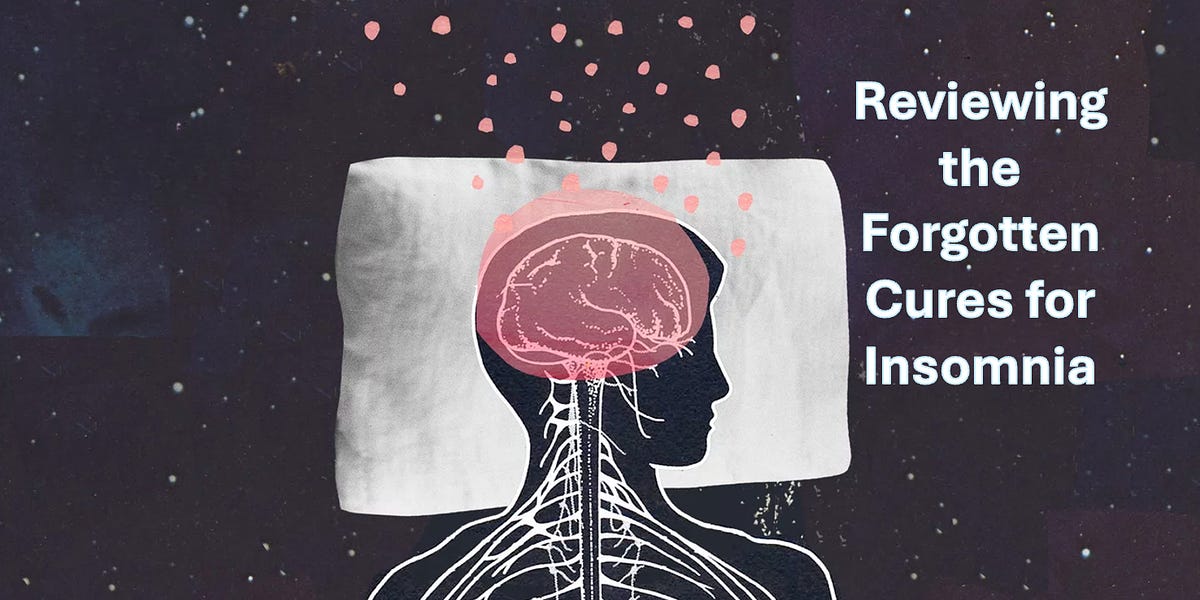over60andusingtrt
Member
Please share which sleep supplements work best for you.
Thats a big can of worms to open...Please share which sleep supplements work best for you.


I'm going to try his. Is your magnesium oil, magnesium chloride about 30% dissolved in oil?Magnesium oil, I spray it and then rub it on my legs before sleep.
It's called seven minerals pure magnesium oil. I buy it from Amazon.I'm going to try his. Is your magnesium oil, magnesium chloride about 30% dissolved in oil?
I have used that for leg cramps, good stuff!It's called seven minerals pure magnesium oil. I buy it from Amazon.
Where do you get your mag oil?Magnesium oil, I spray it and then rub it on my legs before sleep.
Sorry. Just saw that you answered above.Where do you get your mag oil?
If you're just waking up then for seemingly no reason, that screams low blood sugar episode, so you might want to focus your research on that. Some people find that spoonful of honey before bed is helpful for that, although that is more of a band-aid that a fix, but it might help to confirm what the issue is. As understand it, if the body thinks blood sugar is getting low, it secretes cortisol and goes into an energized state to release more sugar from glycogen stores. A time restricted feeding window and making sure you are "fat-adapted" are two things to look into for this, although a consult with a doc who specializes in that type of thing would be ideal. I beleive Dr. Craig Koniver in charlston SC is one to consider and there are podcasts with him you can listen to. Ben Greenfield has interviewed him and he talked a lot about cortisol management.Wow! Lots of great stuff here, thanks for sharing. My problem is going back to sleep after the 230am wakeup. I'm pretty careful with alcohol, eat nothing after dinner, very little sugar in my diet, I exercise regularly, but nothing seems to help me sleep. I will try some of the things mentioned that I've never heard of - mag oil, melatonin gummies, magnesium glycinate, plus 50 mg pregnenolone, etc.

Thanks! You might have something here. I'm going to do some research. I do hear the cortisol vibrating in my ears some nights and it always mystifies me. I've tried almost every pill and supplement known to man and nothing really works.If you're just waking up then for seemingly no reason, that screams low blood sugar episode, so you might want to focus your research on that. Some people find that spoonful of honey before bed is helpful for that, although that is more of a band-aid that a fix, but it might help to confirm what the issue is. As understand it, if the body thinks blood sugar is getting low, it secretes cortisol and goes into an energized state to release more sugar from glycogen stores. A time restricted feeding window and making sure you are "fat-adapted" are two things to look into for this, although a consult with a doc who specializes in that type of thing would be ideal. I beleive Dr. Craig Koniver in charlston SC is one to consider and there are podcasts with him you can listen to. Ben Greenfield has interviewed him and he talked a lot about cortisol management.

We use essential cookies to make this site work, and optional cookies to enhance your experience.

